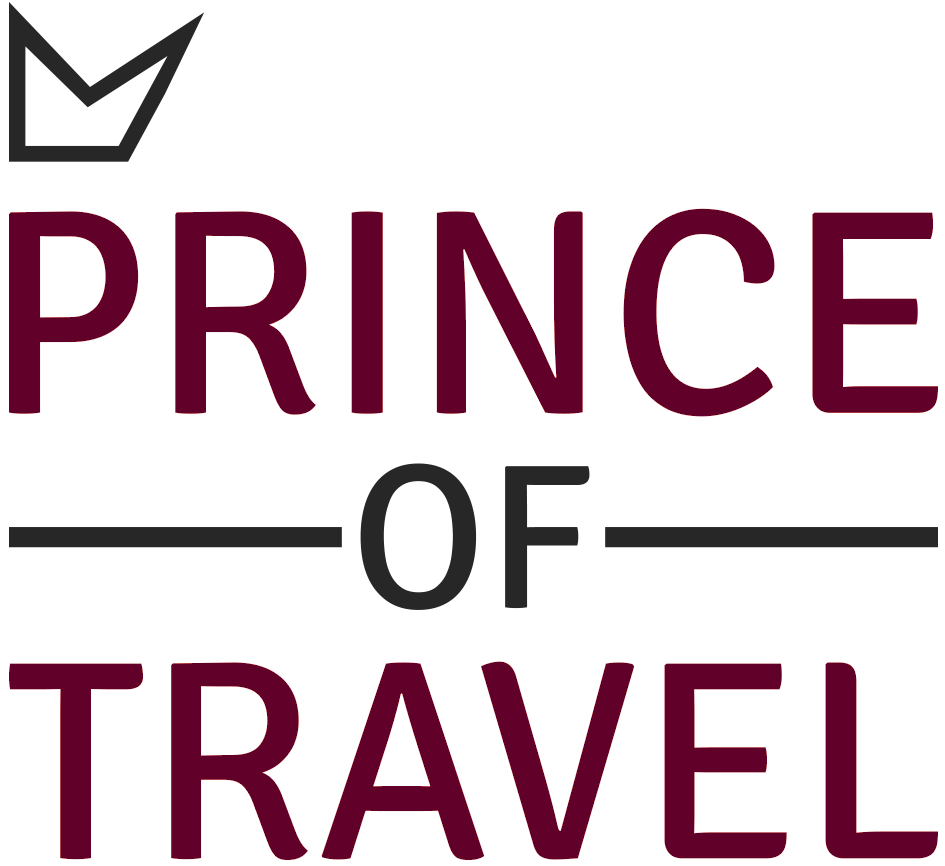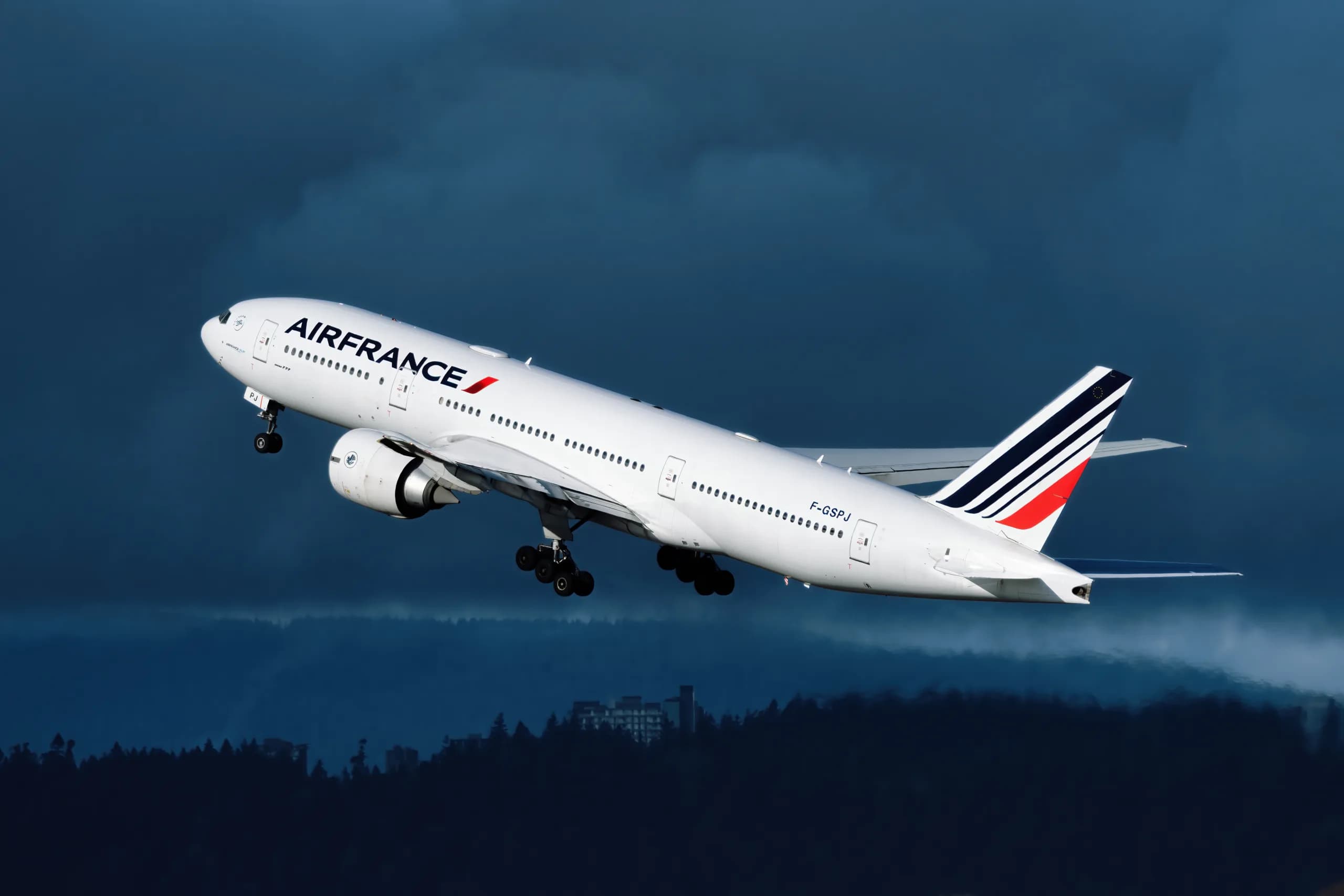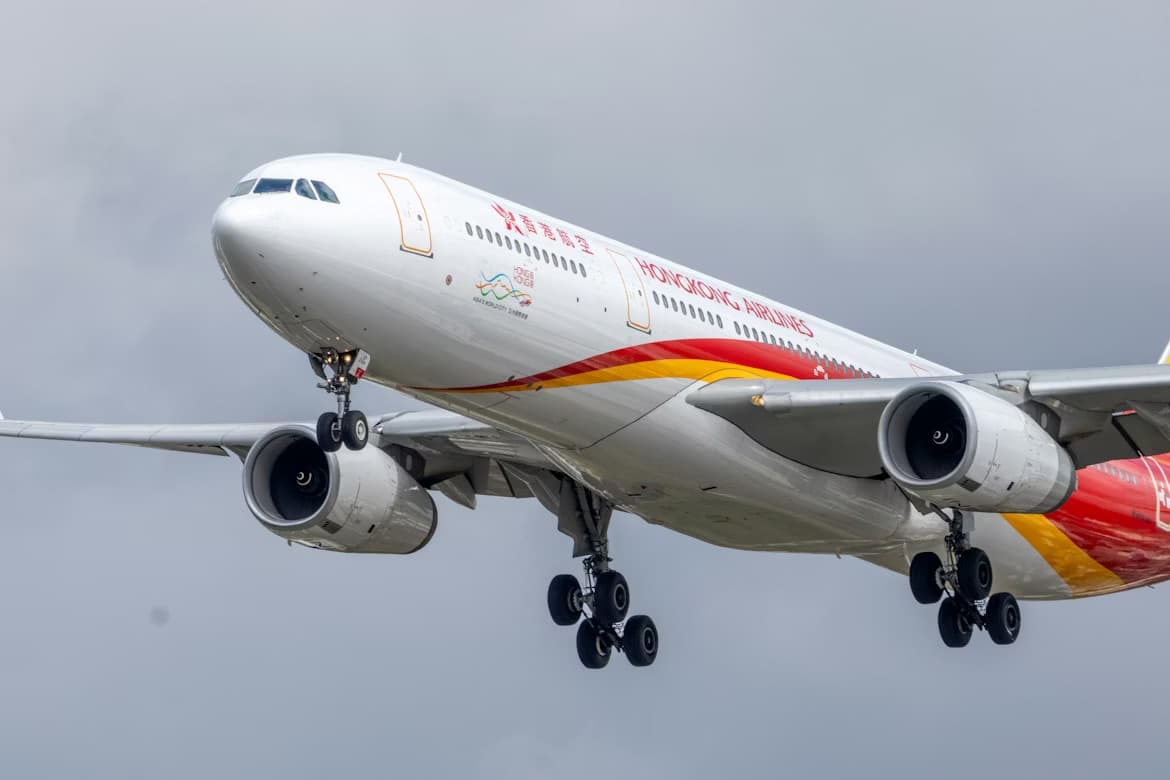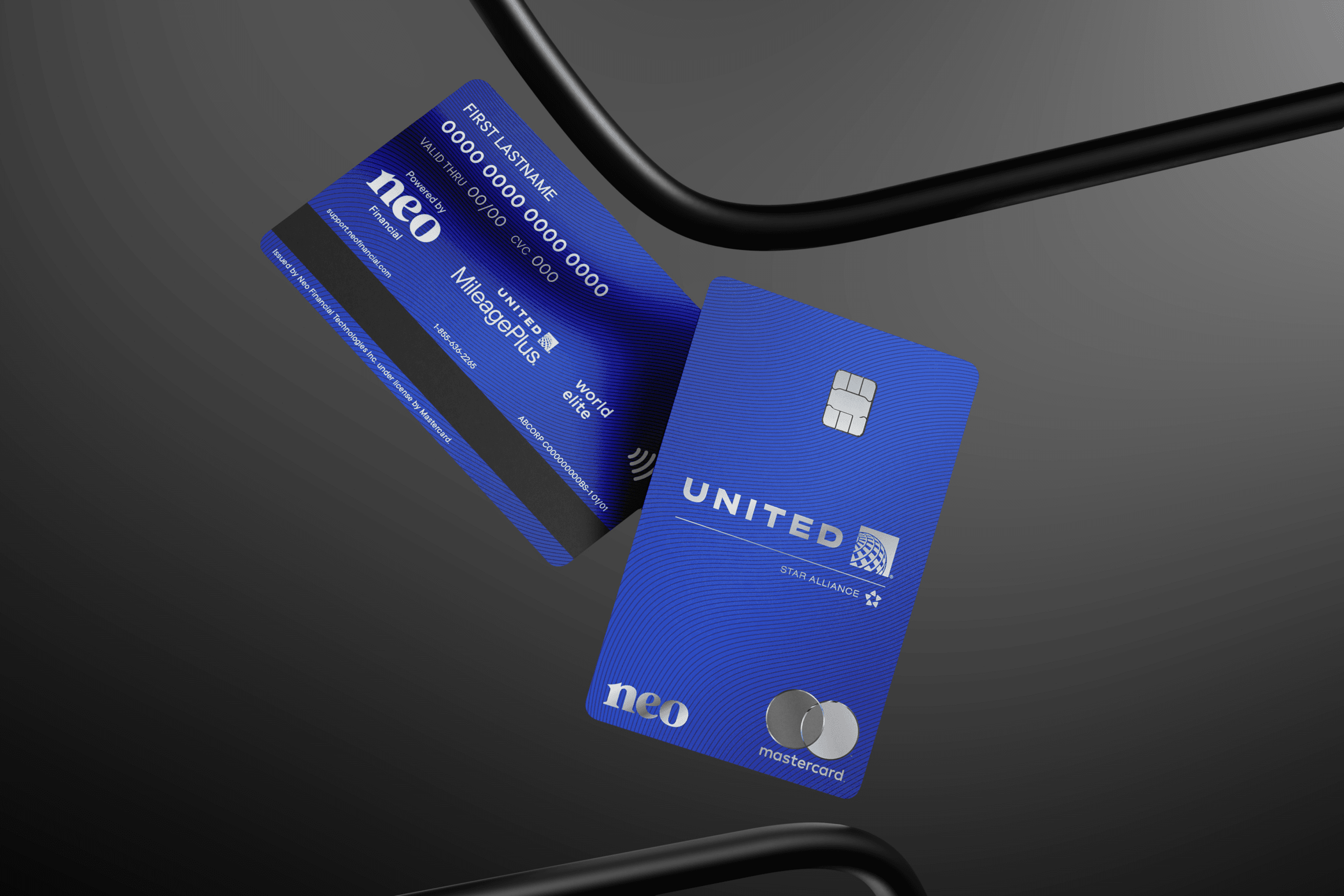Canada Loosens COVID-19 Arrival Testing Requirements
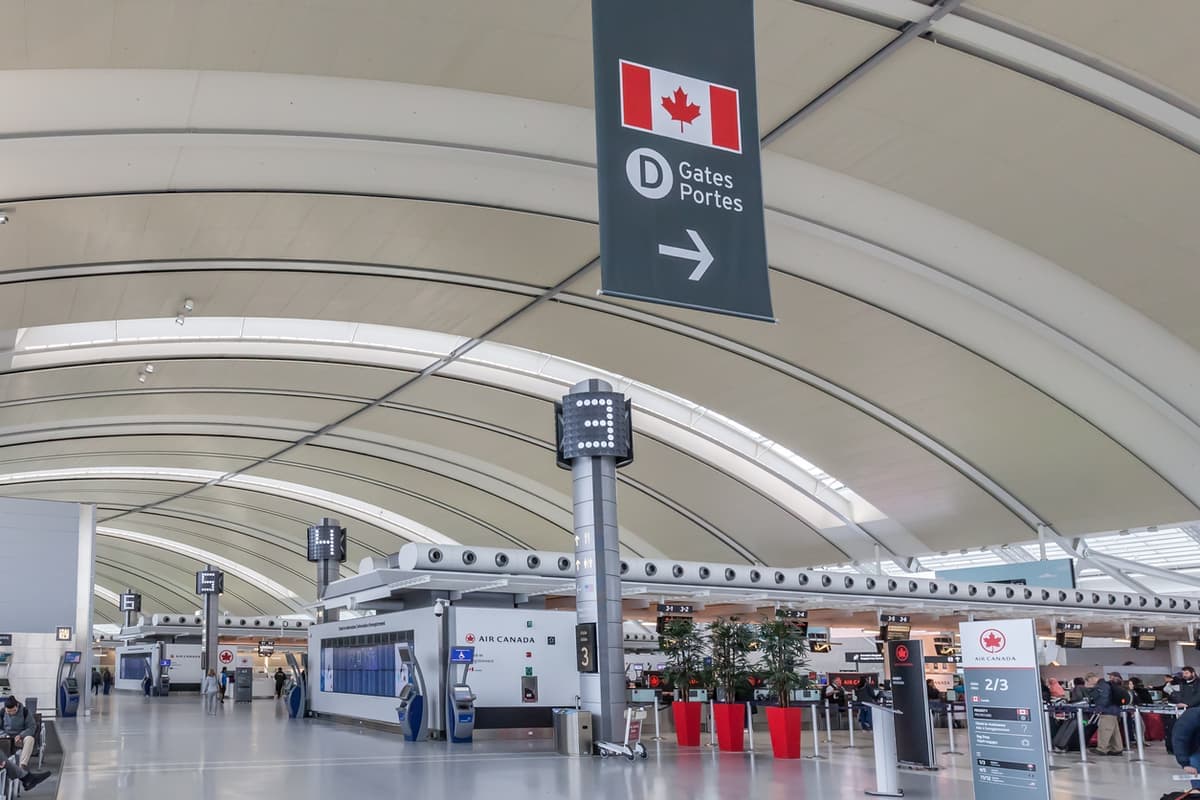
The Government of Canada has announced a significant scaling back of travel restrictions, including the loosening of the pre-arrival COVID-19 testing requirement and the removal of mandatory on-arrival testing.
Not only that, but the ongoing travel advisory has also been downgraded, representing a closer “return to normal” than we’ve ever experienced thus far.
Antigen Tests Now Allowed for Pre-Arrival Testing
Beginning on February 28, 2022 at 12:01am Eastern Time, fully vaccinated travellers will have the option of showing a negative antigen test taken within one day prior to their scheduled direct flight or arrival at the land border in order to enter Canada.
Like the United States, “within a day” here means one full calendar day before the date of your arrival – you can take the test at any time during the day prior to departure, and it’s not subject to a 24-hour rule.
The previous requirement of administering a molecular test within 72 hours of the direct flight to Canada remains an option, so travellers will be able to make the choice depending on which is more convenient and accessible.
The newly-granted optionality is most welcome, as antigen tests usually return results in 15 minutes or less, are much cheaper than PCR tests just about anywhere in the world, and are offered at a wider range of labs.
Indeed, our own Switch Health Antigen Test Kits work perfectly for this, as you can administer it via telehealth the day before departure and use it for entry.
It’s significantly cheaper at $40 per test (each $79 kit comes with two tests) compared to the Switch Health RT-LAMP Test Kits priced at $149.
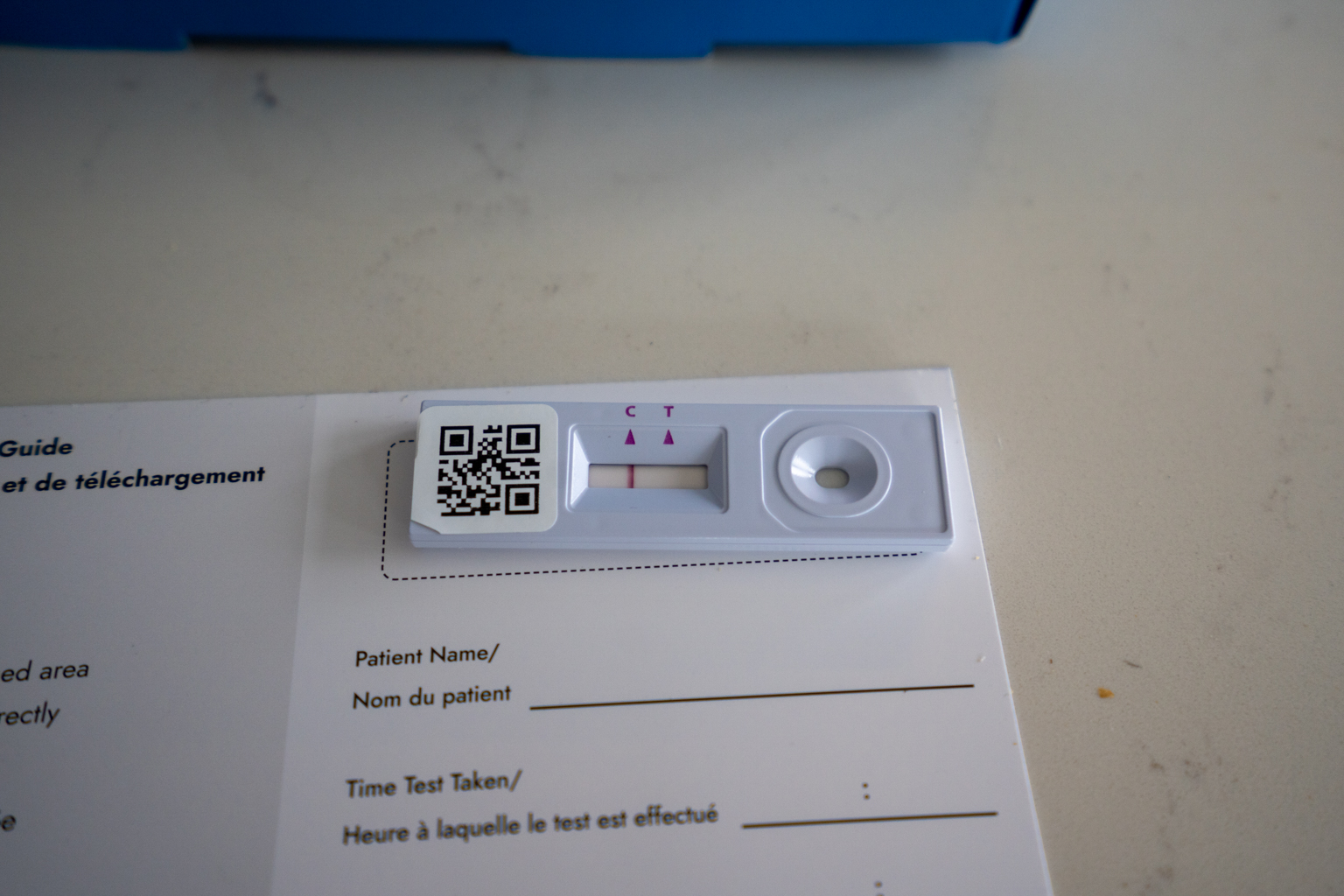
Fully vaccinated travellers who have recently tested positive for COVID-19 in the past 180 days may continue to show their positive molecular test to re-enter Canada without any need to show a negative pre-arrival test.
Testing on Arrival to Be Randomized
Furthermore, as of February 28, on-arrival tests for fully vaccinated travellers from non-US destinations will now be randomized. Until now, on-arrival tests have been administered uniformly for travellers who have been in countries other than the United States since December 2021.
You are no longer required to quarantine while awaiting test results for any tests conducted on-arrival, which is sure to be a welcome move for foreign travellers planning a visit to the country.
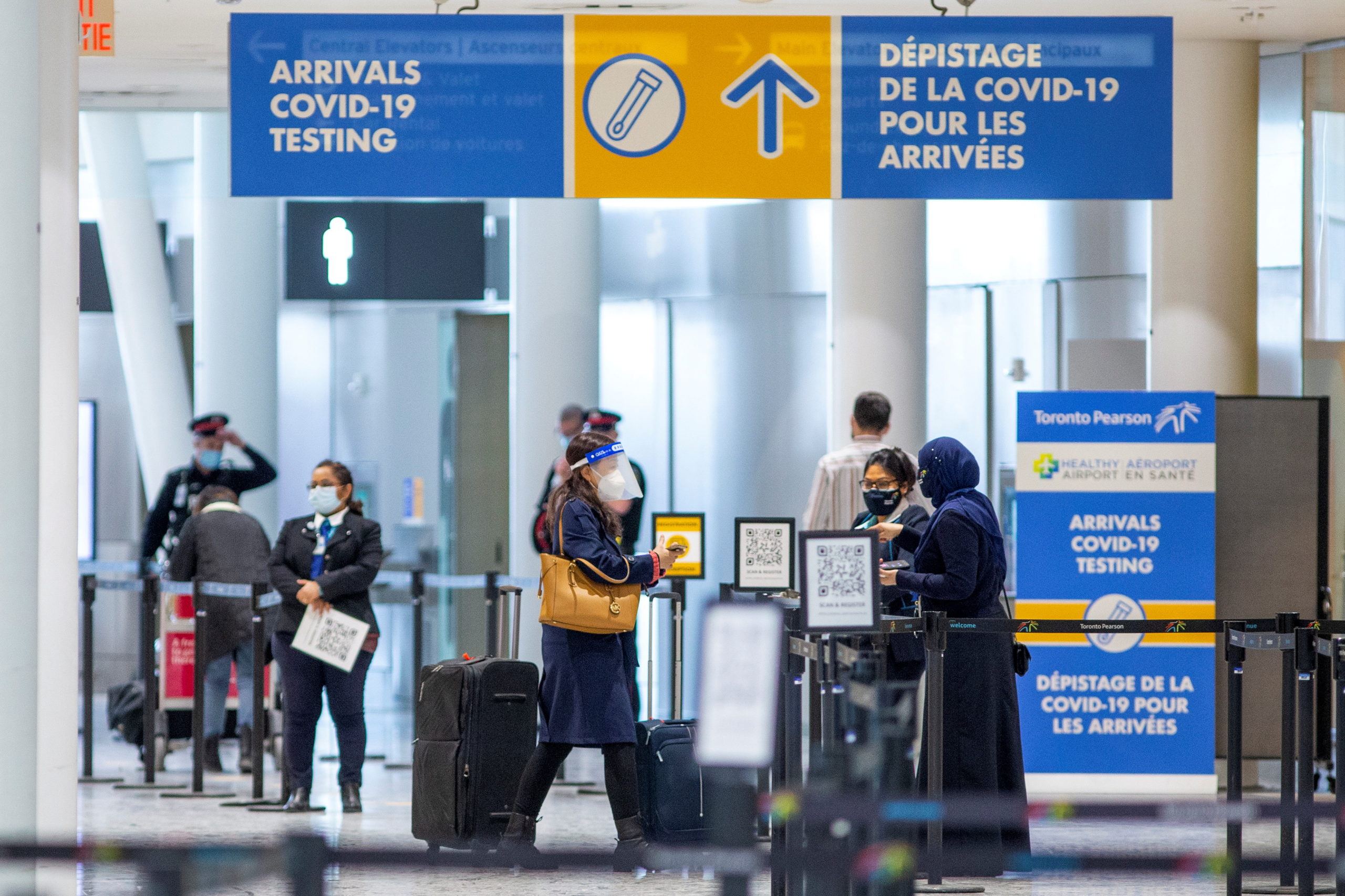
Testing will be conducted at the first port of entry, and travellers will be permitted to board connecting flights. Since there is always the possibility of being chosen for an on-arrival test, it’s still a good idea to pad connection times.
As usual, prior to arriving in Canada, make sure to fill out the ArriveCAN app.
On-arrival testing does not apply to travellers returning via the land border, who will simply need to present their pre-entry COVID-19 molecular test from the past 72 hours, an antigen test from the past day, or proof of recovery in the form of a positive molecular test from the past 180 days.
A Downgrade in the Travel Advisory
Canada will also adjust its Travel Advisory down from Level 3 to Level 2, meaning the government will no longer be recommending against non-essential travel.
The major implication here lies in the travel insurance policies offered by employers and credit cards, as the vast majority of these were nullified by an official advisory against non-essential travel.
Even though emergency medical insurance will now be back in play, it may still be worth considering additional COVID-19 travel insurance that includes quarantine costs should you test positive prior to returning to the country.
Children No Longer Need to Stay Home for 14 Days
Great news for family travellers: as of February 28, children travelling with fully vaccinated adults will no longer be subject to limitations on their activities upon their return to Canada.
This means that children will no longer need to wait 14 days before attending school, camp, daycare, allowing families to embark on international trips together without adverse impacts on children’s schedules.
A Major Leap Forward in Canada’s Travel Restrictions
Since the introduction of the pre-arrival negative molecular test back in January 2021, our test requirements for entry have more or less been unchanged, save for the three weeks that we were exempt from presenting a test if we had left the country for 72 hours or less.
Here at Prince of Travel, we’ve often touched upon the cyclical nature of travel restrictions coming and going with the introduction and then waning of different COVID-19 variants.
It’s incredibly encouraging to see our travel restrictions changing once again in the positive direction, as I expect these sets of changes to stick around, unlike the temporary exemptions of the past.
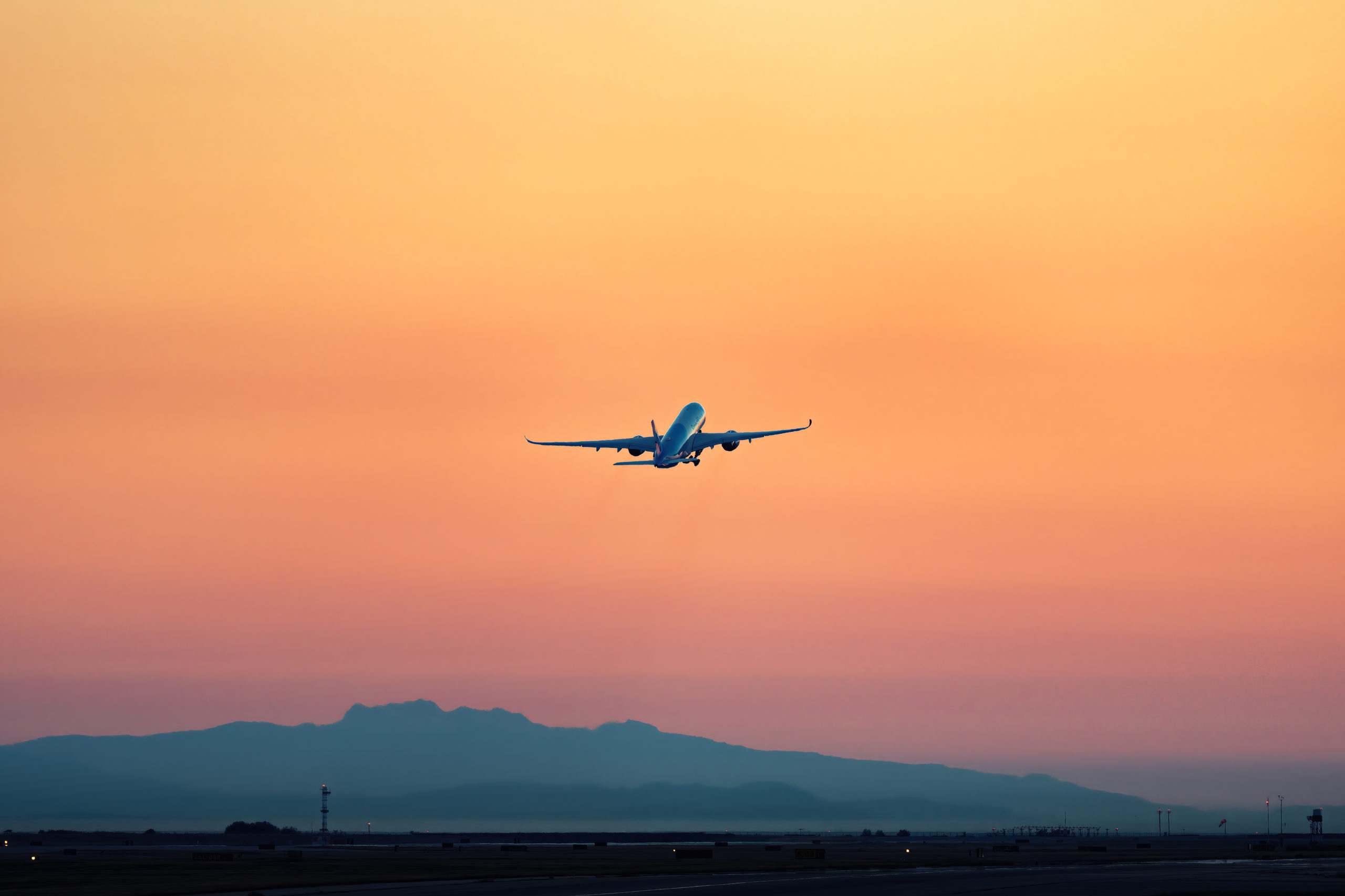
While antigen tests may be less accurate than molecular tests, they are still very sensitive to high viral loads and offer a reasonable compromise in convenience and affordability.
It’s important to remember that while it sounds like this change in testing requirement makes our borders more vulnerable, the positivity rate at the border has seen a high of only 1.3% the entire time that on-arrival testing has been in place.
The easing of pre-arrival testing requirements represents a major step towards living with COVID-19 and recognizing it as an endemic and something we have to tolerate long-term, rather than spending an enormous amount of resources preventing its importation.
Finally, despite today’s positive news by the Government of Canada, keep in mind is that the travel requirements of your airline can still differ from those at your destination.
For example, Etihad Airways requires every person travelling with them to have a molecular test result from the past 72 0r 48 hours depending on your circumstance, even if your destination does not require one.

If you’re flying from Abu Dhabi to Toronto with Etihad, then, you’ll still need a PCR test taken within the past 72 hours before your flight.
Conclusion
The coming of spring also brings a hopeful yearning that the easing of our travel restrictions will prove more stable this year, and dare I say, permanent.
Beginning February 28, 2022, all Canadian air travellers returning from an international destination will now be permitted to take a COVID-19 antigen test from the past day, rather than having to seek out a more expensive and inconvenient molecular test within 72 hours.
Furthermore, on-arrival testing will now be randomized, with only a small selection of travellers having to be tested at the border when arriving from an international flight. Those arrivals will also no longer have to self-isolate while waiting for test results.
2022 began with the Omicron variant sweeping the globe, but lower infection rates here and around the world have given us reasons to be optimistic about a full resumption of international travel that looks closer than ever this year.

First-year value
$336
Monthly fee: $15.99
• Earn 1,250 points per month upon spending $750 per month for 12 months
Earning rates
Key perks
- Transfer to airline and hotel partners
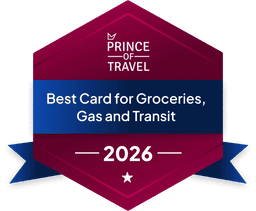
Monthly fee: $15.99
• Earn 1,250 points per month upon spending $750 per month for 12 months
Earning rates
Key perks
- Transfer to airline and hotel partners
